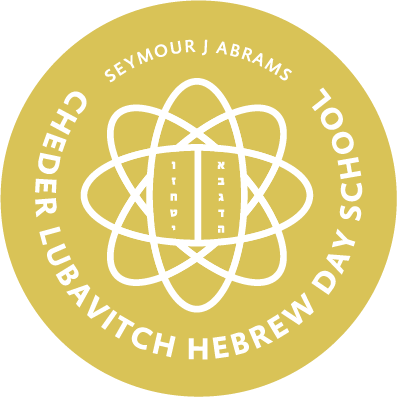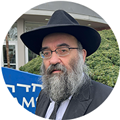Life doesn't always feel easy. There are times when we're held back—by rules, responsibilities, or just the pressures of daily life. Some restrictions are good; they keep things running smoothly and help us live together as a society. But let's be honest—sometimes, the limitations we feel aren't from outside rules or expectations. They're from within. Have you ever felt stuck because of self-doubt or fear of standing out? Maybe you thought, "I could never do that," or "What would people think?" These inner voices can be louder than anything else. But here's the thing: those limits are often the ones we have the most power to shatter. The Torah gives us a powerful example in the story of the Exodus. When G-d freed the Jewish people from Egypt (Mitzrayim), it wasn't just about escaping physical slavery. The same Hebrew letters that spell "Mitzrayim" also spell "meitzarim," which means boundaries or narrow spaces. The Jews didn't just leave Egypt—they broke free from the things that were holding them back spiritually and emotionally. That strength, to push past limitations, was passed down to us. Living as a Jew today isn't always easy. Keeping kosher can be expensive, Shabbat can seem restrictive, and finding time to pray might feel impossible. But often, the hardest part is just deciding to try. Once we stop letting fear or uncertainty hold us back, we discover that these "limits" are smaller than we thought. Change doesn't happen overnight, but it starts with one decision: to take that first step. And as we do, we not only free ourselves—we find more joy, meaning, and connection in our lives. Let's keep growing together. Shabbat shalom, | 

No comments:
Post a Comment